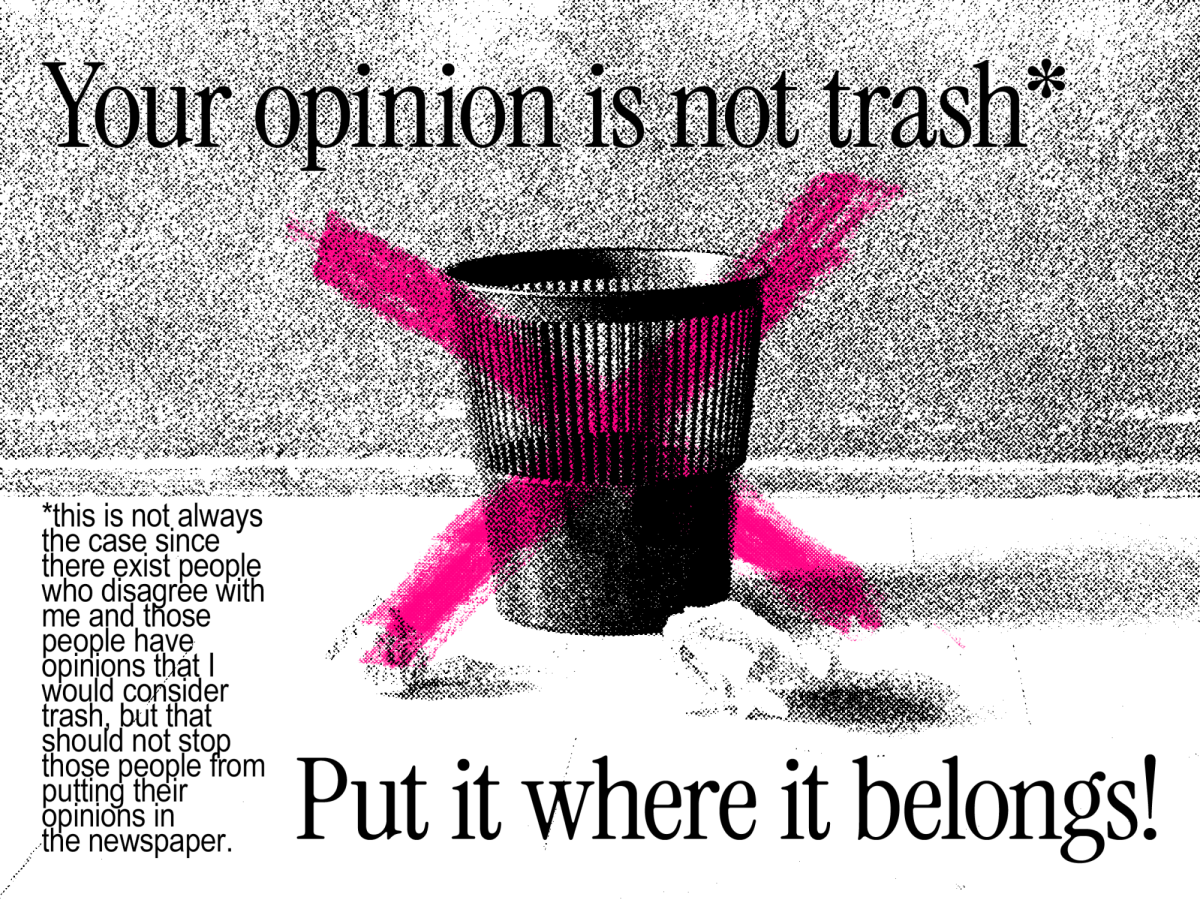You are more than a statistic to us. We are not trying to coerce, harm, or prevent anyone affected by sexual violence from seeking help, in whatever capacity you feel is most suitable.
We are certified peer health educators and have received training from national leading professionals in the realms of public health, sexual violence prevention and outreach, and alcohol and other drug use. We have performed scenario training, interpreted campus data trends, meet with students, and put on evidence and research-based programming around topics pertaining to health and wellness. Along with this training, we on this team are all undergraduate students at Seattle U. We are your peers and we are just as committed to making this campus safe and inclusive as we know you all are. In this issue of The Spectator, you will find information on sexual misconduct reporting as it pertains to our campus. As HAWC members, it is our job to know those avenues for sexual violence reporting and help to inform our student referrals. The last thing we want you to do is give information that makes you feel helpless or unheard on this campus.
Our main goal is to be there for you and give you the agency in an already difficult process. We work towards these goals by conducting thorough discussions within our team, within our office, and ground our work with research.
Take Back the Night is a national event on our campus with the sole goal of creating a space for survivors. With months of preparation, we seek to be in a dialogue with those affected by sexual violence, inviting members of the community to speak, together in a space free of judgment. Take Back the Night is a public disclosure event, this means that responsible employees who are normally required to notify the Title IX Coordinator when they learn of sexual misconduct are not required to do so with disclosures made at the event.
As HAWC members we are NOT considered responsible employees and aim to be transparent about our process. We are trained to let you know, before any sensitive information is shared, that we may talk with our advisor of our referrals if you share something related to sexual misconduct. That is only to double check our work, to make sure we responded in the most passionate and effective way. Conversations with us are private. Everything is survivor centered and trauma informed— your name is not shared (unless you want to), or you can choose what you wish for us to share. This is something we take seriously, and constantly discuss throughout the year, especially in such painful times on our campus as of now, when our peers may feel unsafe.
Our goals, and that of The Spectator are the same: we want you to be informed, empowered, and represented on this campus. We want our actions, our time, and our skills to be relevant to the students, and when we say this is an ongoing dialogue our campus needs to be having, we mean it. There’s a team member in the Wellness and Health Promotion Office (STCN 380) Monday through Thursday. Below is our email, and we encourage anyone to reach out. We’re here for you.
In solidarity,
Olga M.
Anna P.
Alexis M.
Hannah G.
Jacqueline L.
Jane R.
Julia K.
Jamie V.



